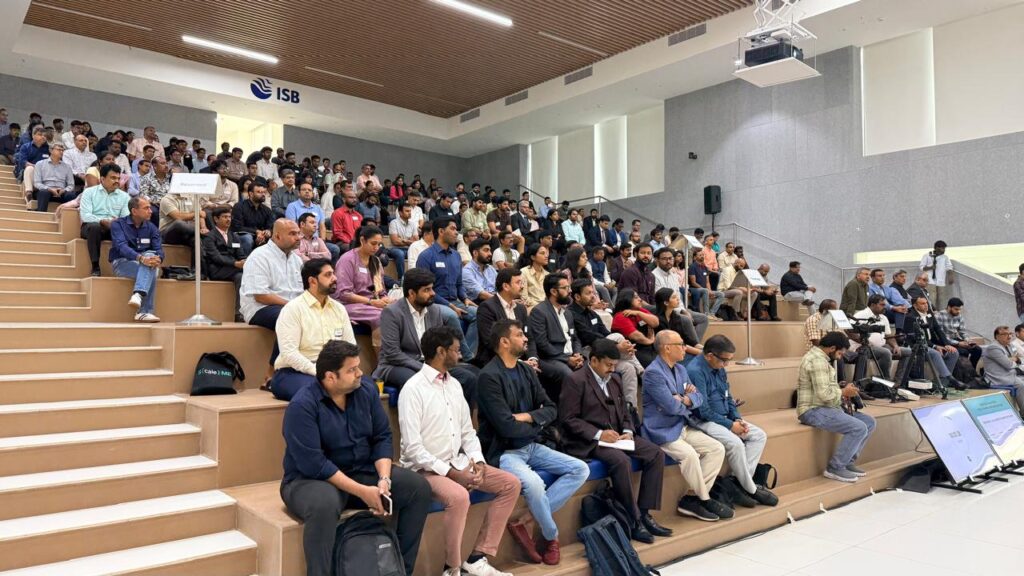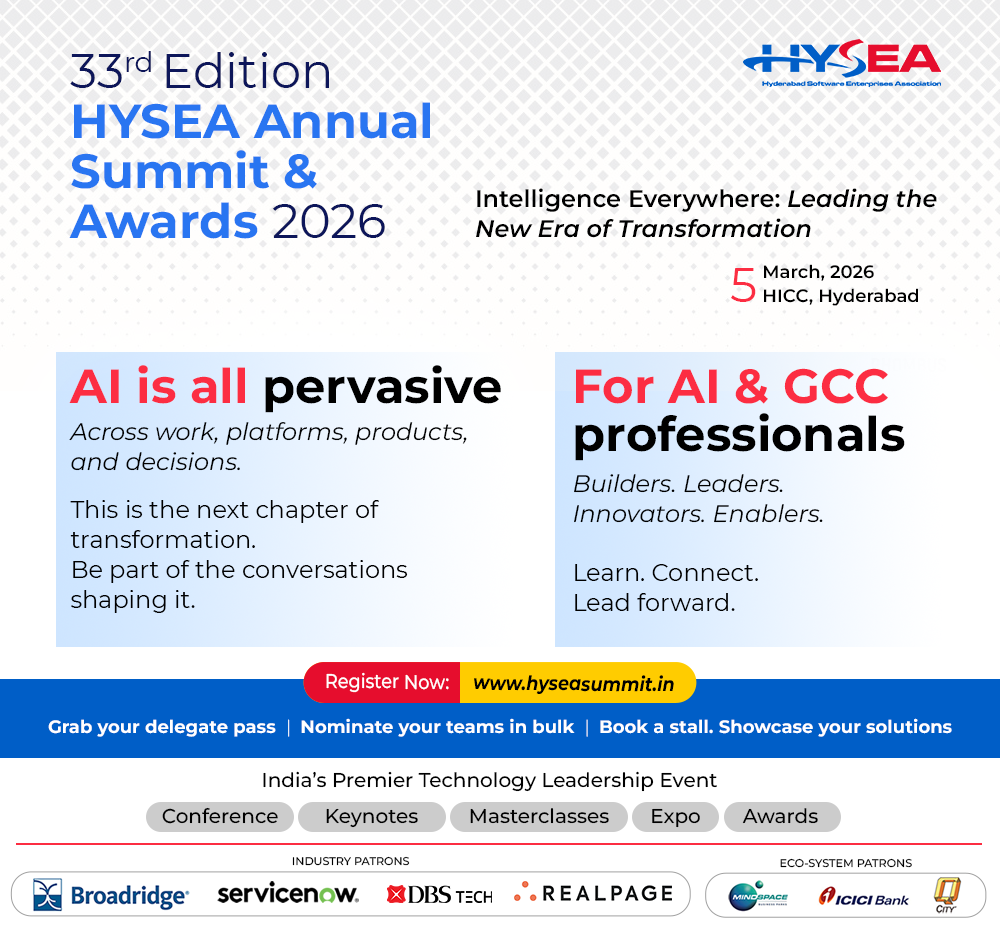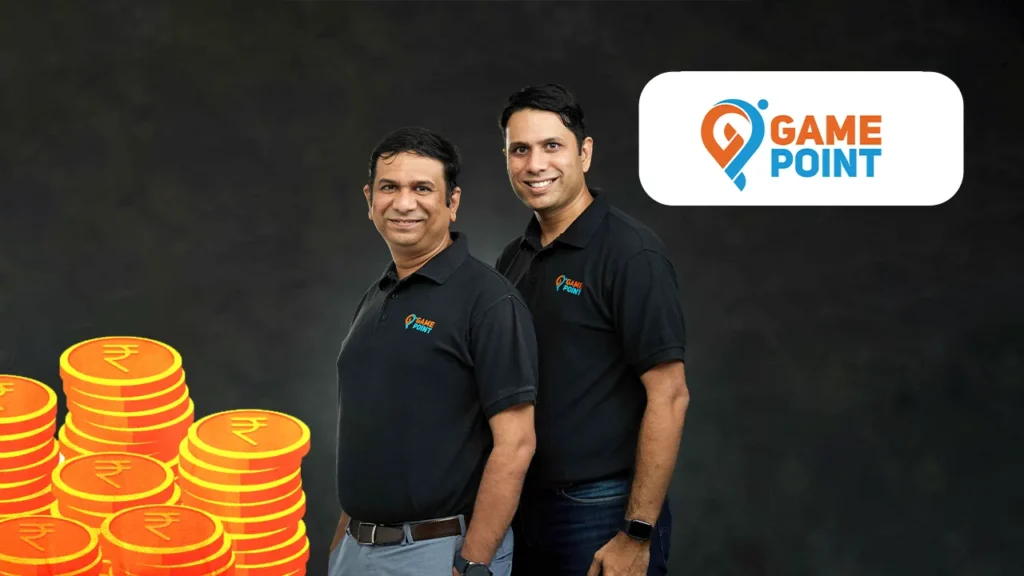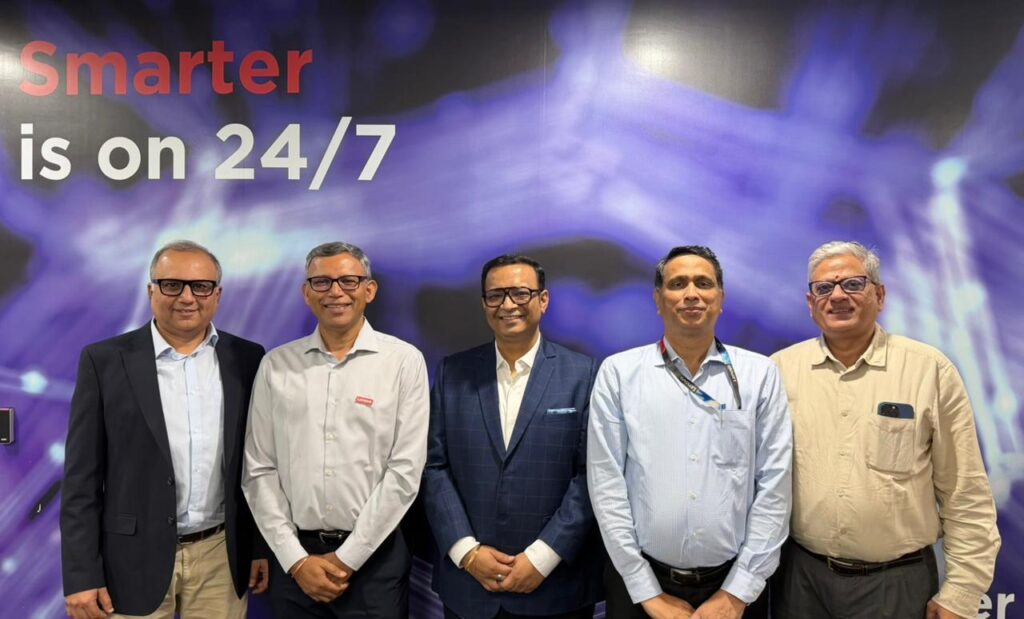Robots today are being reimagined as colleagues, friends and companions, leveraging our knowledge, instincts, and even our judgements. Decades of research is leading us to space where science fiction is slowly yet surely rendering a reality.
A great example of a robot assisting in hazardous work scenarios is Sarcos” Guardian S, a versatile snake robot that can turn off valves, dismantle and remove combustible materials, repair damaged structures and excavate people trapped in the aftermath of natural disasters like earthquakes.
A robot performed the aarti at a Ganpati celebration in Pune this year. While this may seem a far-fetched idea, the chances of a priest or the clergy losing jobs to automation is a possible threat! Large parts of America is being swept by the wave of automation. Activities like logging of tress undertaken manually by men working inside forests is now geo- tagged and automated – a job requiring dozens of people can now be done by a single machine. While the benefits of work automation are real, the threat of potential displacement of labor is a more complex social problem
Automation transforms the economic and cultural politics of employment as large swathes of jobs metamorphose to something unprecedented! History is a witness to automation- produced social disruptions- in the19th-century thousands of textile workers (croppers, weavers) lost their livelihoods to automation pushing the near acquiescent working middle – class to vandalize machines that look away from their paychecks and financial stability. They were called the Luddites, an emblematic name for machine destroyers in the 18th century.
In the work environment we live in, understanding and analyzing the interface between culture and technology has probably never felt more important. The impending reality and effects of automation have serious consequences on and a range of socio-economic phenomenon like job security, community ethics, behavioural traditions, governance and right to privacy.
How are we preparing for the “future of work” in times of automation? Can Anthropology come to its rescue? Anthropologists study the origins and the development of physical, cultural and biological characteristics, social customs and beliefs of humankind. It is also an applied science of humans and their workplaces and practices. Although anthropologists are trained in a wide variety of skills and methodologies, what makes them great candidates to work for the biggest tech companies in the world is the value they bring studying the cultural universe of the technology user.
 At IIIT-Hyderabad, we believe that computer science and anthropology as disciplines can achieve heightened potential by working in tandem. Dr Nimmi Rangaswamy, associate professor at the Kohli Centre on Intelligent Systems, IIIT-Hyderabad is bringing an anthropological lens in understanding the impacts of AI research and praxis. She says, IIIT-H is very progressive, and gives everyone tremendous space and academic freedom, and adds, …that is what I like best about working here. She is currently striving to understand automation of quality testing in the Indian IT job sector and how employees in this segment are responding to automation at different levels. The research combines the disciplines of anthropology and AI, employing the analytical tools of AI with insights of anthropology.
At IIIT-Hyderabad, we believe that computer science and anthropology as disciplines can achieve heightened potential by working in tandem. Dr Nimmi Rangaswamy, associate professor at the Kohli Centre on Intelligent Systems, IIIT-Hyderabad is bringing an anthropological lens in understanding the impacts of AI research and praxis. She says, IIIT-H is very progressive, and gives everyone tremendous space and academic freedom, and adds, …that is what I like best about working here. She is currently striving to understand automation of quality testing in the Indian IT job sector and how employees in this segment are responding to automation at different levels. The research combines the disciplines of anthropology and AI, employing the analytical tools of AI with insights of anthropology.
While the trends of automation and digitalization have been researched extensively in developed countries, the same is not true for developing countries like India. For India, the degree of its technological development needs to match the imparting of technological skills to its young learners who are also its future scientists, technologist, bankers, teachers and above all productive citizens. Dr Nimmi”s research encompasses the current work environment in India, particularly in the IT sector, and if India”s youth are optimistic about their professional careers and bear confidence to adapt to the dynamism of the IT and technology skill sector for a future of automation, robotics and technical brilliance.








